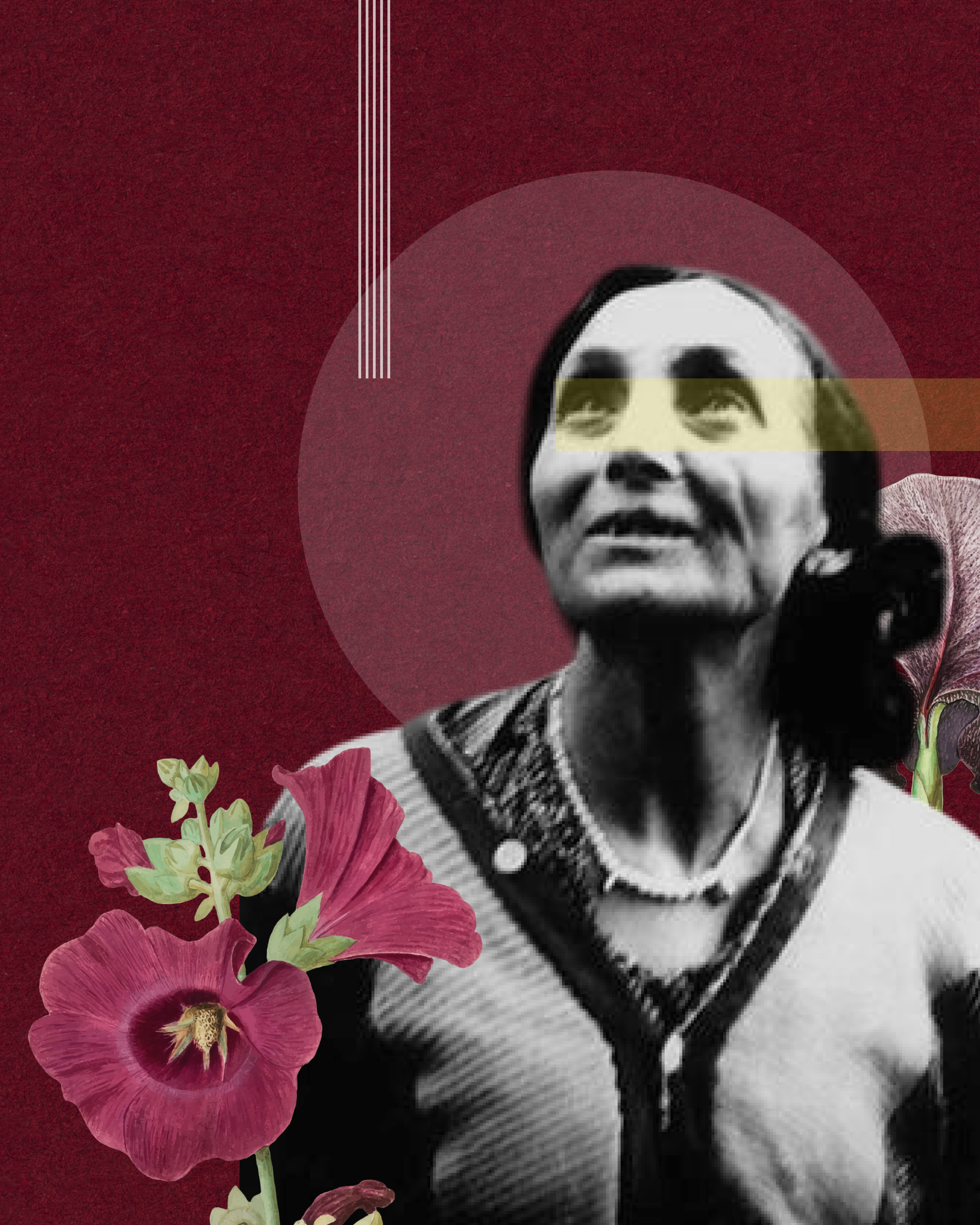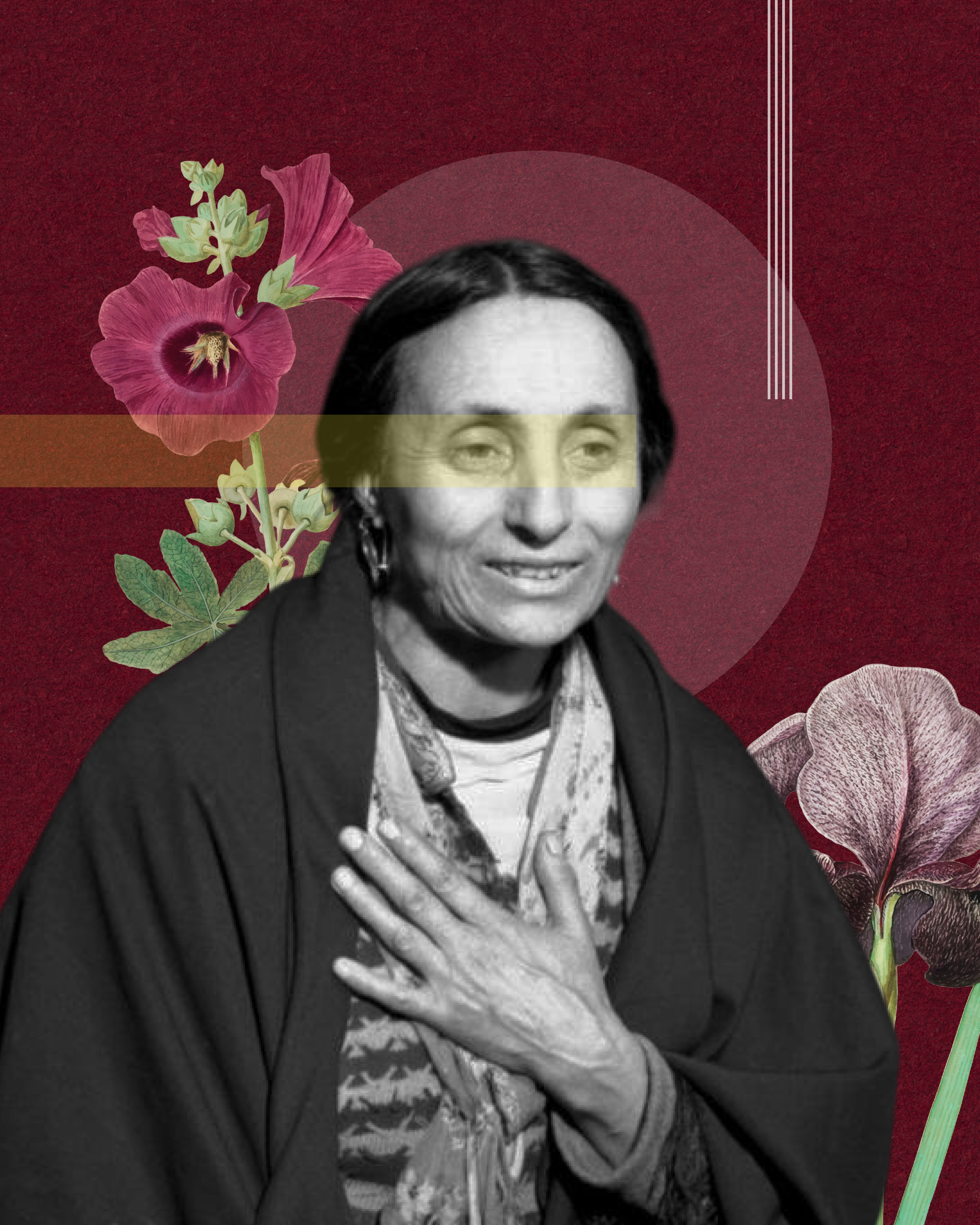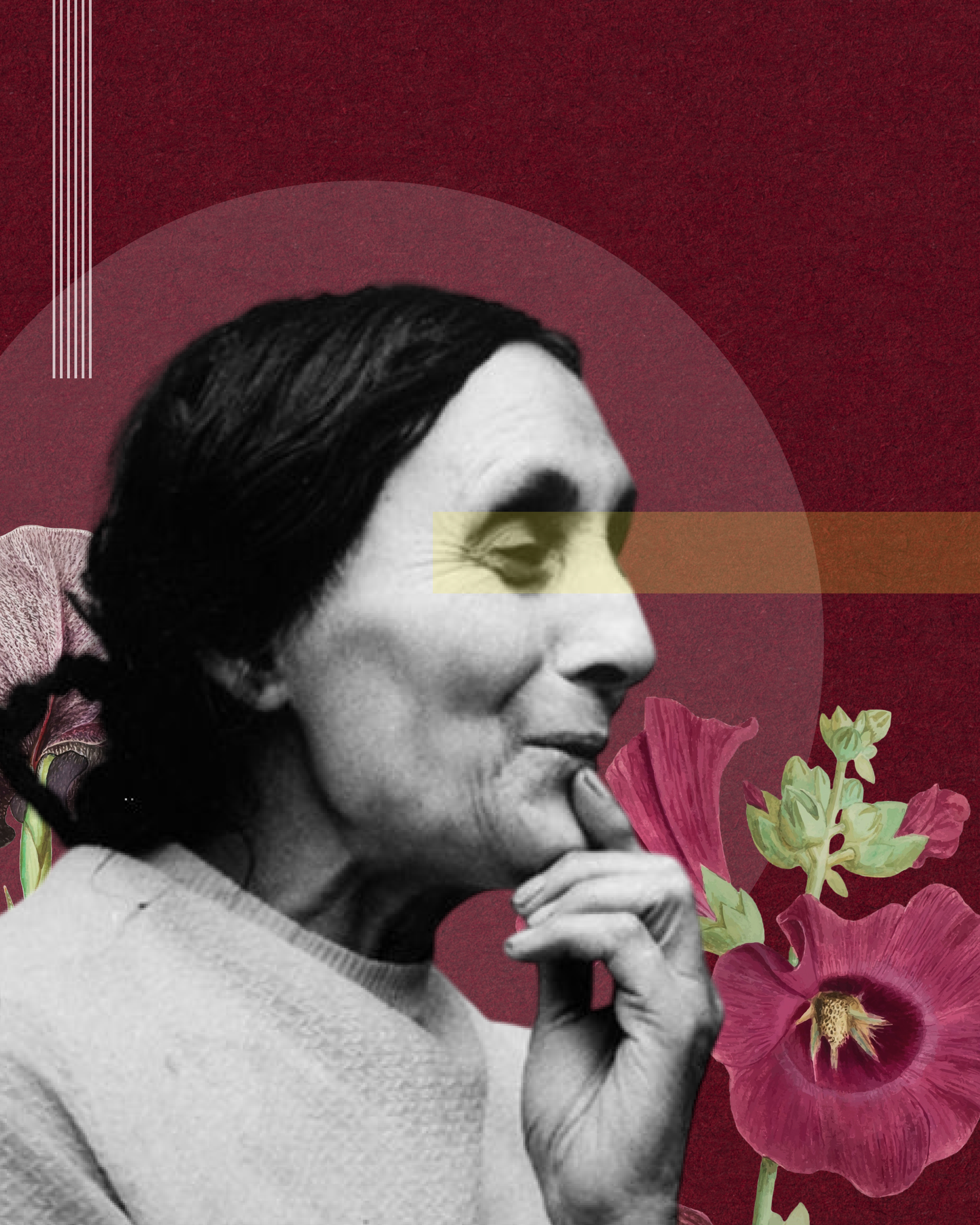Roma Writers in Literature: Papusza
If you think that Roma people can only sing, dance, and play musical instruments, you are mistaken. Apart from the folklore tradition, Roma people have also been (and still) are present in the literary process. Many of Romani writers or poets have then become classics and contributed to the canon of Ukrainian and world literature.
And so, we are going to get you acquainted with some of the most prominent writers of Roma origin. Our first story today is one of Papusza, real name: Bronisława Wajs.

Papusza is a classic Romani poet, one of the first poets in her ethnic community. She authored Pieśni Papuszy (Papusza’s Songs, 1956), a collection of poems that was republished many times. Papusza’s story is quite deep and dramatic one, and it cannot be just summarised. Long story short, Papusza is most often mentioned in connection with Jerzy Ficowski, a Polish poet and researcher.
As recalled by Jerzy Ficowski, Polish writer, literary critic, and ultimately Papusza’s biographer and publisher, it was in 1950 that this Romani poetess started writing on a regular basis. Whatever she had written before, whatever poems she had created as a child, was regarded by her relatives as a frivolity, nay even crankery. Ficowski himself got acquainted with Papusza as he was wandering with a Roma encampment through Poland and Ukraine. It was then, in 1949, that Jerzy first saw this young Roma poetess who performed in the open air, accompanied by her husband. The Polish literary scholar was fascinated by the fact that Papusza wrote poems.
Back in her childhood, Papusza learnt how to write from a Jewish tradeswoman and from a number of village kids. As she grew up, so did her love of reading and writing—a habit frowned upon in her encampment. Back then, Papusza’s activities were viewed by everyone around her as a something frivolous yet innocent. Back then, she had no direct enemies in the encampment. Jerzy Ficowski realised how extraordinary this Romni was and how unique her poetic gift was, so he started following her and recording all of her poetic songs. He conversed with Papusza a lot, and she fascinated him. The peak of her poem-writing activity was in the year 1950—although certain texts were dated as far back as 1928 (later, Papusza burnt them as she was destroying her entire archive—author’s note). In 1951, Papusza followed Ficowski’s advice and sent him her manuscript which he, her future biographer and publisher, translated into Polish and publishes a portion thereof in Problemy, a Polish monthly magazine.

The appearance of poems by a Romani poetess in print turned out to be a bombshell in Polish literary circles of the time. Papusza received her first hefty royalty check which is personally presented into her hands by Jerzy Ficowski. In order to do that, he came to the Gypsy encampment in person. Next came several other serious editions and royalty checks. Bronisława Wajs became well-known all around Poland as well as abroad. Inside the Roma community, on the other hand, Papusza was increasingly displeased by Papusza. Though her poems were published in leading Polish periodicals, she herself enjoyed no privileges nor respect from the Roma community. On the contrary: she was judged and despised. Finally, after the Cyganie w Polsce: Dziejе i obyczaje (‘Gypsies in Poland: History and Traditions’) was published, Papusza was banished from the encampment and condemned for 20 years, as in this book of his, Ficowski revealed secrets of the Gypsies which Roma people never reveal to non-Roma outsiders. The encampment blamed Papusza and Papusza alone. Hung out to dry, forlorn and exhausted, she eventually found herself in a mental asylum. In 1962, Bronisława Wajs was invited to join the Union of Polish Writers. That, however, did little if anything to alleviate the ire of her folks and impact the decision of the Roma community—which broke all ties with Papusza. In her final years, Papusza found shelter in the home of Janina Zielińska, her sister. But when this ingenious Romni poetess died in 1987, the neighbours thought that the ambulance vehicle was taking her to a mental asylum, not to the emergency medical care unit at an ordinary hospital. Until the end of her days, Papusza did not reunite with her community, and her death was as painful and tragic as her entire life had been.

Photo: open sources
See also
- «Невидимі. Стійкість: минуле і сучасність ромів». Як зрозуміти історію ромів через візуальну культу
- Альфреда Марковська: історія життя і порятунку інших
- «Дивись і не забувай»: 15 років Dikh He Na Bister у Кракові
- ФОТОРЕПОРТАЖ: У Києві відкрили виставку про ромську історію та ідентичність
- «Відновлення пам'яті – роми у Варшавському гетто». Історична екскурсія у Варшаві
- PHOTO REPORT: Events commemorating the victims of the Roma genocide in Babyn Yar
- 2 серпня — Міжнародний день памʼяті жертв геноциду ромів
- Коли допомога — це більше, ніж ваучер
- Антициганізм поруч: як розпізнати упередження у звичних словах і жартах
- Стереотип замість культури: як TikTok спрощує ромську ідентичність